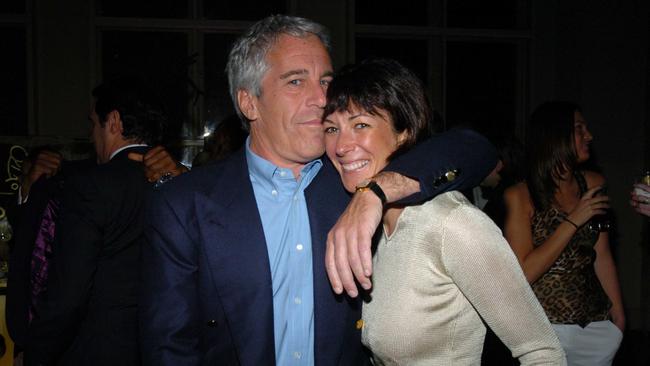Ghislaine Maxwell trial will put memories of Jeffrey Epstein accusers on Trial
Defence plans to call memory expert Elizabeth Loftus to cast doubt on accusers’ accounts.

The reliability of memory is expected to be a big part of the coming criminal trial of Ghislaine Maxwell, which is poised to hinge on testimony of women who say the British socialite helped financier Jeffrey Epstein sexually abuse them decades ago.
Maxwell’s lawyers have said they plan to cast doubt on the accusers’ accounts, in part by having a memory expert who has testified in many criminal cases take the stand to explain how people can develop false memories of past events.
Elizabeth Loftus, a psychologist and professor at the University of California, Irvine School of Law, is expected to testify for the defence to explain how memory weakens over time and is vulnerable to contamination, according to a defence filing. She is expected to tell the jury about research showing that news reports or conversations can sometimes alter an individual’s memory or lead a person to develop a memory of an event that never happened.
“She will explain how, in a case like this one, suggestion can lead individuals to the construction of distorted memories,” Jeffrey Pagliuca, a lawyer for Maxwell, said in the filing.
Opening statements are expected on Monday (Tuesday AEDT) in the trial of Maxwell, who faces charges including conspiring with Epstein to traffic underage girls across state lines.
Prosecutors are expected to argue that Maxwell, 59, worked with Epstein to sexually abuse girls as young as 14 years old from 1994 until 2004. The case has received widespread media coverage, which defence attorneys say could affect the memories of people involved.
The trial in a federal court in Manhattan will be the most significant attempt by prosecutors since Epstein’s death to seek justice for his accusers.
Maxwell has pleaded not guilty and said in court she didn’t commit any crime. Epstein died by suicide in 2019 in a federal jail while awaiting trial on charges that he trafficked and sexually abused dozens of underage girls.
Prosecutors had argued Dr Loftus should be prevented from testifying about some subjects, saying the notion that memories fade is likely already well understood by jurors. They said in a court filing that evidence doesn’t exist indicating the witnesses in question were subject to the sorts of influences that might have affected their memories of the events in the case.
US district judge Alison Nathan, who is overseeing the trial, ruled last week that Dr Loftus could testify.
The study of false memories took hold in the 1990s, said Richard McNally, a professor of psychology and director of clinical training in the department of psychology at Harvard University. Research has shown that even vivid memories a person holds with confidence can be false, Dr McNally said.
Rebecca Helm, director of the University of Exeter’s Evidence Based Justice Lab, said experts like Dr Loftus can be instructive to a jury in correcting misconceptions about memory, but she cautioned that while the scientific community generally agrees on the theory of false memory, there is less consensus on how often it happens.
The Wall Street Journal



To join the conversation, please log in. Don't have an account? Register
Join the conversation, you are commenting as Logout